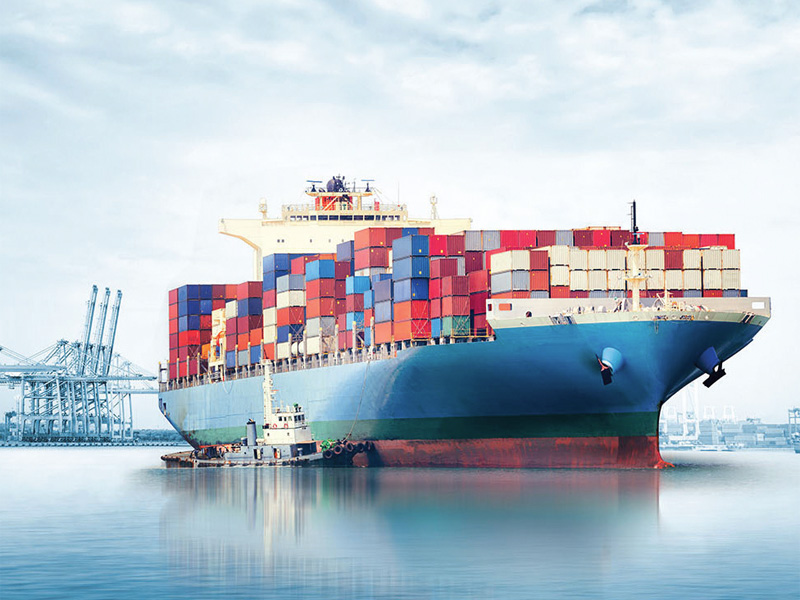Page 1: Abnormal
Page 2: Technology
As 2020 approaches, the only certainty for trade is uncertainty. So, is this the New Abnormal?
In Europe, Brexit looms large, with the frightening prospect of Britain facing empty grocery shelves, while thousands of trucks are idled on its borders, and goods waiting to be delivered stack up in overflowing warehouses on the Continent. On this side of the Pond, President Trump’s numerous tariffs-by-Tweet strategies threaten to upend decades of freer trade in and out of the US, while Mexico and Canada scramble to avoid incurring Washington’s wrath. Elsewhere, countries in Asia, Australia and Latin America react to the mounting trade tensions, or escalate them. Some, such as China, are in the thick of the battle. Others, such as Vietnam, are hoping they might benefit from the bruising fight. Still others, such as Brazil and Argentina, see their fortunes whipsawed by some markets opening up, while others shut down.

Trade patterns are changing. New trade alliances are being formed. Other, longstanding regimes are falling apart.
Across the globe, carefully crafted supply chains face massive disruption if a tit-for-tat escalation accelerates, as it might well do.
The New Abnormal
Those engaged in cross-border business and commerce are desperately trying to make sense of all this. It’s an issue that has been elevated from procuring and transportation departments to the boardroom.
“In the past, trade management within a corporation was this sleepy group, maybe one or two people reporting to legal,” said Lauren Pittelli, a principal at Baker Logistics Consulting Services, a Chicago-based firm that specializes in international transportation, trade and customs. “Now, with all of this disruption, it’s really become a very critical part of pricing analysis and supply chain planning.”

The unpredictability can be overwhelming, and it could get worse before it gets better. “The unknown is what makes everybody the most nervous,” explained Mike Kuhn, the COO of Syracuse-based Mohawk Global Logistics, which offers customs brokerage and trade compliance.
Shippers turn for advice and assistance to logistics providers, an industry that prides itself on constantly improving speed and efficiencies in the most difficult of conditions. But there are challenges now that tax the savviest logistician.
Call It the New Abnormal
“There’s so much uncertainty,” said Pittelli. “There’s no roadmap at all”
To counter this unsettled world, logistics companies and their clients alike need to plan as best they can for the unexpected. Four watchwords are essential in this process: knowledge, preparedness, flexibility and speed.
Logistics providers and shippers need to be armed with the best knowledge possible, be prepared as best they can for various alternatives and have the flexibility to change course as quickly as possible.
Of course, that’s easier said than done. “It’s a very challenging environment,” said Pittelli. These days, “most business is international, and it is impacted by the trade uncertainty. That comes on top of all of the changes continuing to be driven by the Internet. So, everything is accelerated.”


